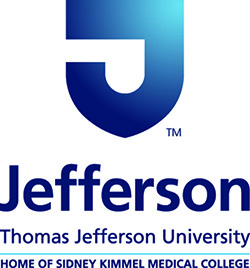Security
Use of the campus store web site does, however, require that your browser be set to accept cookies. Cookies are small text files that are used to identify you throughout your shopping session. The cookies we use do not deliver advertising or track your visits to and from other sites (beyond servers that are part of the Thomas Jefferson University network).
Secure Online Ordering
We have gone to great lengths to protect the security and validity of your
credit card transaction. Our order forms are encrypted by our secure server to
guarantee that the information can be read by only by us. It will appear as
indecipherable gibberish if the data is intercepted by an unauthorized source.
We use the process developed by Netscape—SSL (Secure
Socket Layer)—to guard information. SSL is the industry standard for online
security. Today’s web browsers support this protocol, including Netscape
Navigator, Microsoft Internet Explorer and others.
Before a business can use SSL, it must be certified by an independent authority.
This trusted third party will determine if the business is legitimate. VeriSign,
one of the largest such companies in the world, certified us.
How to Tell It's Secure?
There are a couple of ways to tell if the information you are receiving is coming from a secure server.
-
1. Check the security icon. Most browsers use a key (Netscape Navigator) or padlock (Microsoft Internet Explorer). An unbroken emblem indicates a secure browser.
2. Check the URL field of your browser. With a secured server the address will begin with https:// instead of the usual http://.
Since the page you are currently viewing does not ask for any secure information, there is no "key" or "padlock" icon, and the URL does not begin https:// (it begins http://). Upon login, you will, however, notice a change over to the secure server technology.
For more information, click here for our site's privacy policy.

